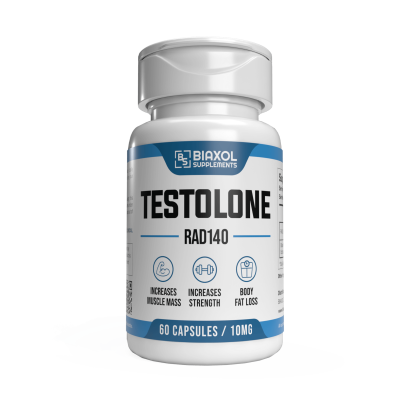When navigating the realm of fitness supplements, two terms that frequently surface are BCAAs and amino acids. The one thing cones in our mind is, are amino acids and BCAAs the same thing?
These two substances are frequently discussed together, but they have different purposes in our bodies and shouldn’t be thought of as interchangeable. By knowing the differences between them, you can choose the right supplement to help you reach your fitness objectives.
How Do Amino Acids Work?
Amino acids are the basic building blocks of proteins and are essential to almost every bodily function, including muscle repair and immunological function support. There are two main types of 20 amino acids in total.
- Essential Amino Acids: The nine amino acids known as essential amino acids (EAAs) must be obtained from diet and supplements because your body is unable to produce them on its own.
- Non-Essential Amino Acids: These are produced by your body naturally and don’t need to be obtained from supplements or outside diets.
In amino acids BCAA difference, amino acids are involved in many processes, such as hormone regulation, nutrition absorption, muscle maintenance, and tissue repair. Many sportsmen and fitness enthusiasts depend on amino acids on a regular basis because of their wide range of uses.
What are Branched Chain Amino Acids, or BCAAs?
Are amino acids BCAAs? A unique subset of amino acids is known as branch-chain amino acids or BCAAs. More precisely, the “branched” structure of three important amino acids found in BCAAs such as leucine, isoleucine, and valine. They allow for direct muscle metabolism as opposed to liver metabolism, providing the best possible muscular support.
Leucine encourages the production of muscle proteins, which is necessary for muscle growth. Isoleucine aids in recuperation and energy management.
Valine is a great addition to BCAAs as a performance fuel for exercise and as a recovery aid since it promotes muscle endurance and reduces tiredness. However, a lot of people continue to wonder what makes BCAAs and amino acids different. Let’s be clear about this.
Difference of amino acids Vs BCAAs
Are amino acids the same as BCAA? No, amino acids and branched-chain amino acids (BCAAs) are not synonymous. Although amino acids might include BCAAs, not all amino acids are included in this group. If you were to ask whether amino acids and branch chain amino acids (BCAAs) are the same thing, the answer would be no; BCAAs represent a specific subset focused on muscle health rather than general body health. Amino acids have many uses throughout your body, from protein formation to supporting immune health. On the other hand, BCAAs specialize in muscle repair and performance boosting.
- EAAs: The term “essential amino acids” (EAAs) refers to a group of proteins that are necessary for several aspects of body function, such as tissue repair and energy production, in addition to BCAAs. EAAs support the body’s optimal function in a variety of ways.
- BCAAs: BCAAs provide targeted support for supporting muscle metabolism, decreasing fatigue and preventing muscle breakdown during and post exercise.
BCAAs tend to be best used for immediate muscle recovery after intense workouts; therefore if just muscle repair benefits are what you seek then BCAAs could be your go-to supplement.
When Should You Utilize Amino Acids or BCAAs?
Your choice between amino acids and BCAAs will depend on your fitness goals:
Supplements that supply all essential amino acids (EAAs) can support overall health and well-being, including muscle maintenance, energy production, and immune functioning.
BCAAs can help promote muscle growth and recovery. If your primary objective is to enhance recovery time, reduce soreness or build faster muscles during workout sessions, BCAAs may prove particularly helpful.
BCAAs vs. Amino Acids for Performance and Endurance
The importance of amino acids and BCAAs for endurance and extended performance should also be taken into account. While BCAAs are very beneficial in brief, high-intensity bursts of exercise, like sprinting or weightlifting, essential amino acids (EAAs) provide broader advantages for endurance athletes.
EAAs promote total protein synthesis and lessen muscle breakdown, which might assist sustain energy levels during prolonged exercise. They are therefore a better choice for people who engage in endurance sports like long-distance cycling, running, or other activities where maintaining muscle mass and sustaining energy are essential.
Conclusion
Are BCAA amino acids? Even though BCAAs are classified as amino acids, their function in maintaining muscular health, especially for athletes, is more specialized. An EAA supplement would probably be preferable for general health and recuperation, but BCAAs are great for specific muscle growth and recovery. Making educated decisions about the demands for supplements is facilitated by being aware of their distinctions.










